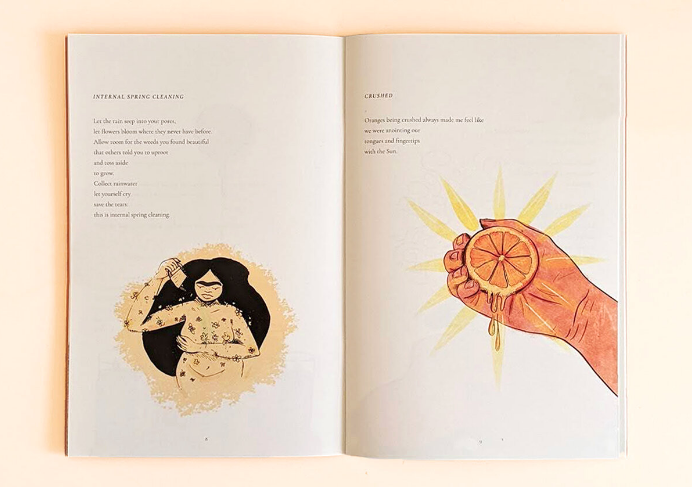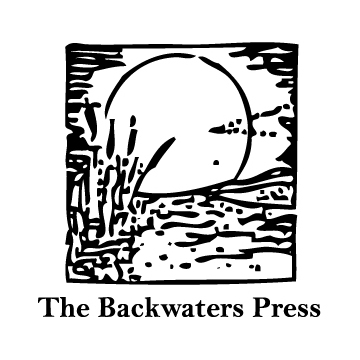Hey mi gente, I hope that you are well and reaching all your goals or if you have stumbled along the way, I wish you the strength to get back up. My last blog post was the last interview for the COVID Vivid series, in which I asked Houston writers what they’ve been doing since the pandemic started. I want to send a major thank you to everyone that participated in the series and shared their very personal experiences. I hope everybody who reads this blog has been able to benefit from these entries.
I will be switching gears as my time as literary outreach coordinator draws to a close. I’ll be focusing these last few posts highlighting all the ways that the literary experience in Houston points to the future. There are so many brilliant opportunities happening it’s hard to count. Each of these last posts will focus in on one or two (or three) things happening in the city.
While discussing the need to highlight major happenings in poetry during the month of April with Readings & Workshops program coordinator Ricardo Hernandez, I was reminded about what makes Houston such a brilliant place. I mentioned that I wondered why the Houston Poetry Fest happens in October when National Poetry Month is in April, and of course it should have made sense to me already—the Houston Poetry Fest predates National Poetry Month by a decade.
Established in 1985, the festival is held at our University of Houston-Downtown campus and is free and open to the public. There are readings and panels, and off-site events throughout the city to attend. Sadly, the festival had to be canceled last year due to the pandemic, but we hope to celebrate this October, which would mark the annual event’s thirty-sixth anniversary.
Continuing this celebratory vibe, I’d like to send congrats to Adriana Salazar who received a United States of Writing Project Grant from Poets & Writers for her upcoming workshop series. Salazar’s “Examining Oneself Through Self Portraits” will look at the building blocks of identity, examining the self both as a collective and as individuals using self-portraits to create new works. The three-part virtual workshop series will be in collaboration with fellow grantee Omer Ahmed and starts in May so keep an eye out in the Literary Events Calendar for more details.
Last but not least, major shout-out to the fifth and newest Houston poet laureate, Emanuelee “Outspoken” Bean! Bean’s two-year term began this month and runs through April 2023. As poet laureate, he will work closely with the Houston Public Library and the Mayor’s Office of Cultural Affairs to implement his community outreach project “Space City Mixtape,” an album of twenty-track spoken word and creative audio experiences by Houstonians. He will also conduct eight workshops in Houston’s public libraries, and create videos and poems to share on social media. Looking forward to seeing his work and events in the city.
Lupe Mendez is the literary outreach coordinator for Poets & Writers in Houston. Contact him at Houston@pw.org or on Twitter, @houstonpworg.






